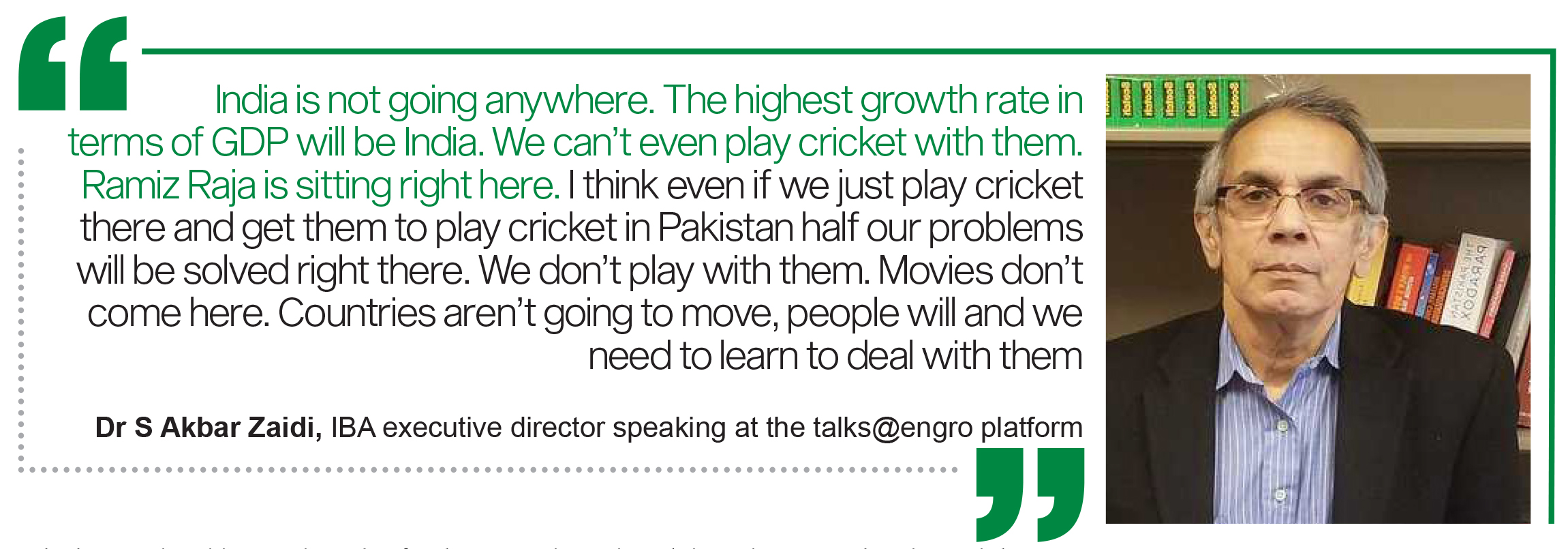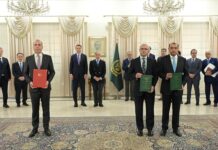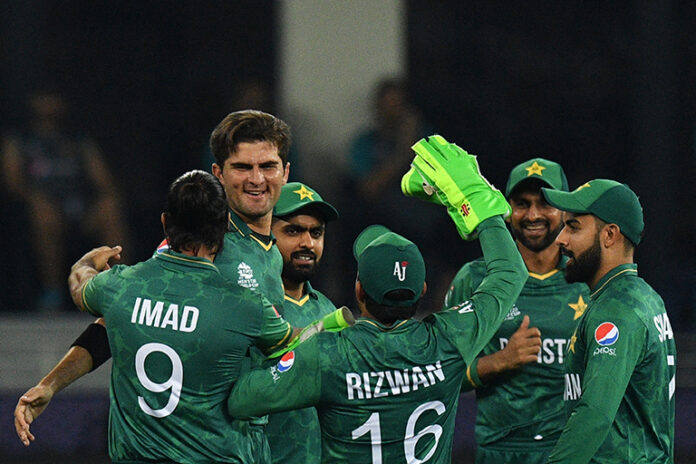It’s been a tough year for Pakistan cricket. The team reached the finals of both the Asia Cup and the T20 World Cup only to be trounced in the finals is perhaps the strongest it has been in decades. Just go back a decade and put this team in its context.
In 2010, Pakistan cricket had been rocked. Already exiled from their home after the terror attacks on the Sri Lankan cricket team’s tour bus in 2009, they were now also ostracised as cheats. In many ways, the trio of Salman Butt, Muhammad Asif, and Muhammad Amir were a representation of Pakistan itself. Butt — the erudite middle-class prodigy that went to Beacon House and played his club cricket in Lahore’s Model Town instead of Iqbal Park. Asif — the country boy that had magic in his wrists. Amir — the wunderkind that was supposed to be the next Wasim Akram.
Three different brands of Pakistanis, three different stories, all corruptible. What followed was a slow, arduous, rebuilding period. In the twelve years since, Pakistan has gone on to win the ICC Test Mace, the Champions Trophy, launch the Pakistan Super League (PSL) and have Australia, England, and South African all tour Pakistan.
“What you see in this Pakistani cricket team is a small Pakistan. When we look at this team it has a lot of potential, and I think the most important thing is that it has remained upwardly mobile, and that’s why I’m hopeful for the next 75 years”, said PCB Chairman Ramiz Raja in his talk at the recently launched platform “talks@engro”.
That is, perhaps, the most important transformation in this time. But how did the Pakistan cricket team manage to pull this off? According to Ramiz Raja, it is a question of building systems and getting your processes right. “I think you can achieve greatness, and to achieve greatness, you need a strong thriving system and a clean environment”.

That is what the PCB has been trying to build. The quirk of human nature that brings out the best in people and communities during times of hardship has been at play this whole time. The important thing will be to stay the course. The content in this publication is expensive to produce. But unlike other journalistic outfits, business publications have to cover the very organizations that directly give them advertisements. Hence, this large source of revenue, which is the lifeblood of other media houses, is severely compromised on account of Profit’s no-compromise policy when it comes to our reporting. No wonder, Profit has lost multiple ad deals, worth tens of millions of rupees, due to stories that held big businesses to account. Hence, for our work to continue unfettered, it must be supported by discerning readers who know the value of quality business journalism, not just for the economy but for the society as a whole.To read the full article, subscribe and support independent business journalism in Pakistan


























It’s very good. Thank you. It’s easy to understand, easy to read, and very knowledgeable.
온라인 카지노
j9korea.com
There are three distinct types of Pakistanis, each with its own story, and each is susceptible to corruption. It was then followed by a long and laborious time of reconstruction. In the last twelve years, Pakistan has launched the Pakistan Super League (PSL), won the ICC Test Mace, and hosted tours from Australia, England, and South Africa.
It’s excellent. I appreciate it. It’s clear, well-written, and packed with information.